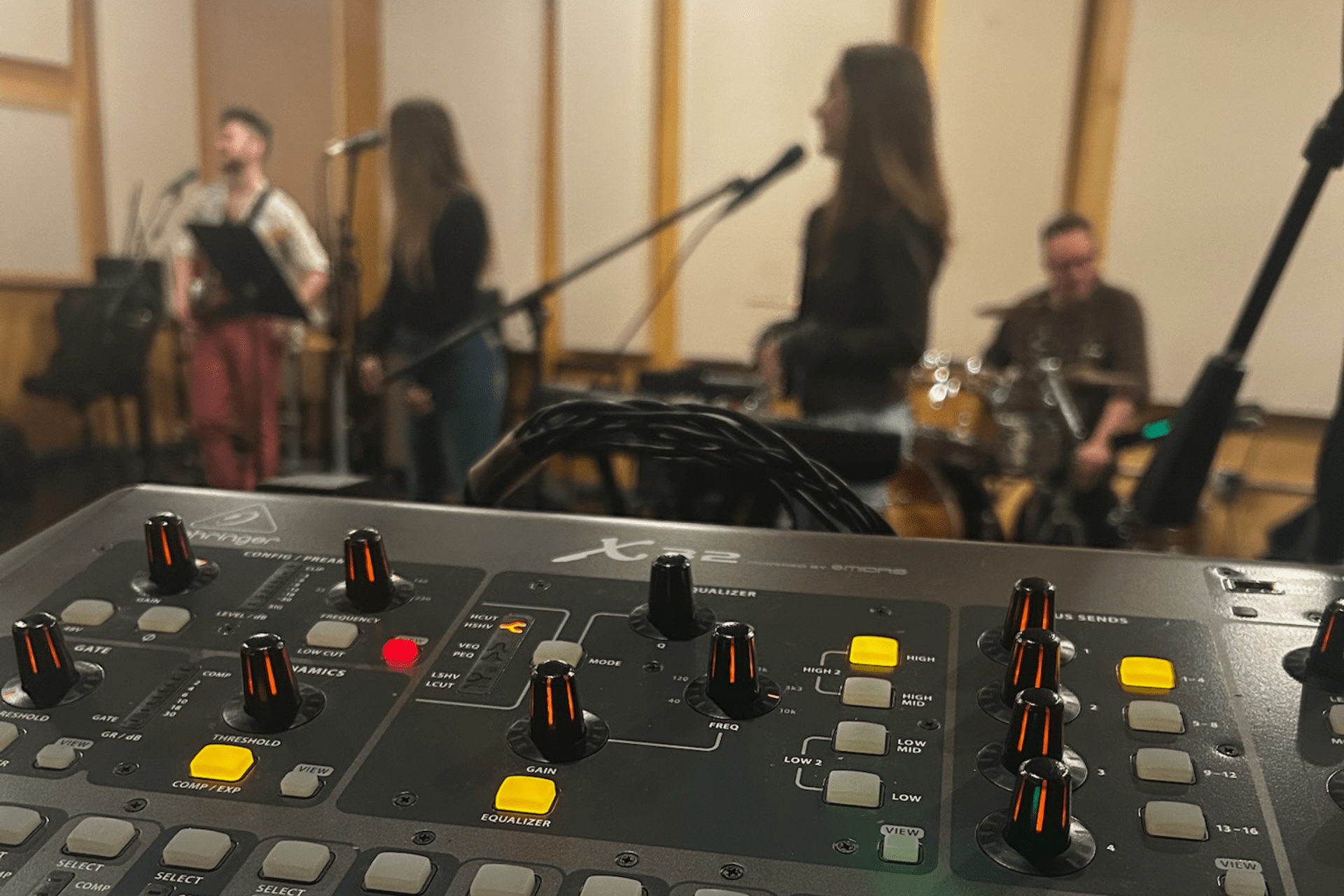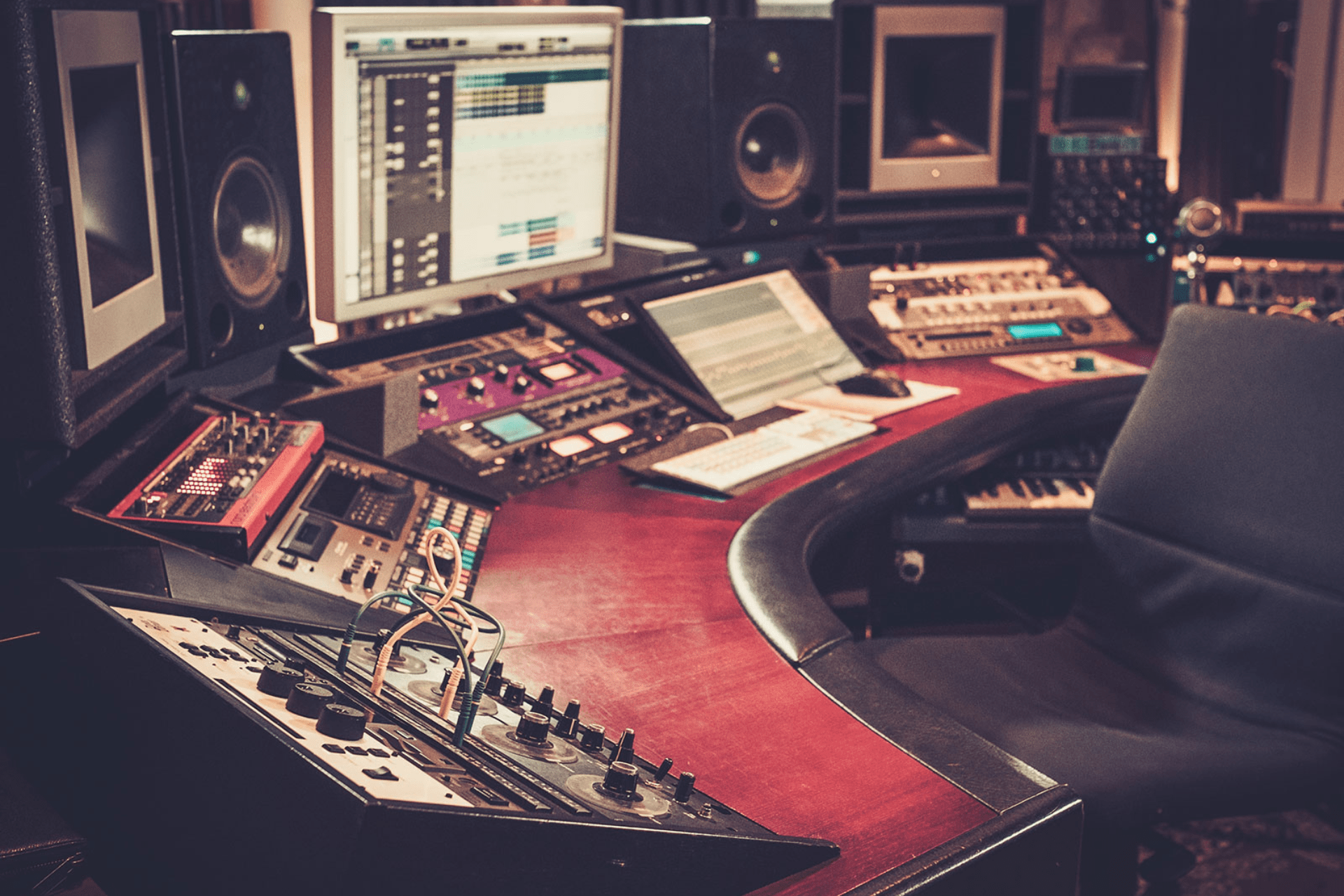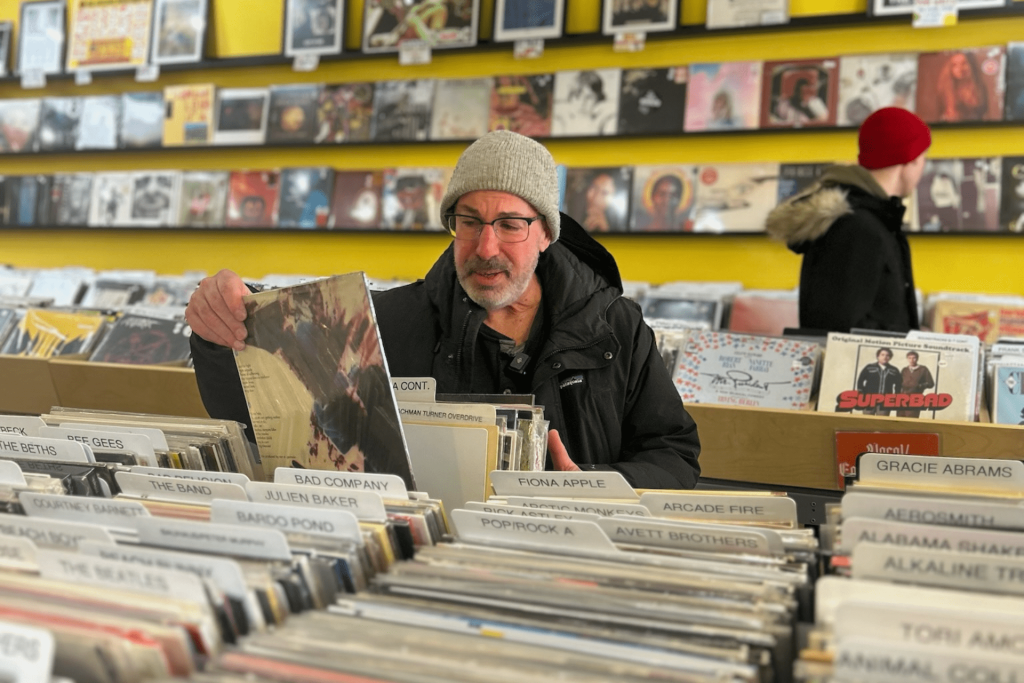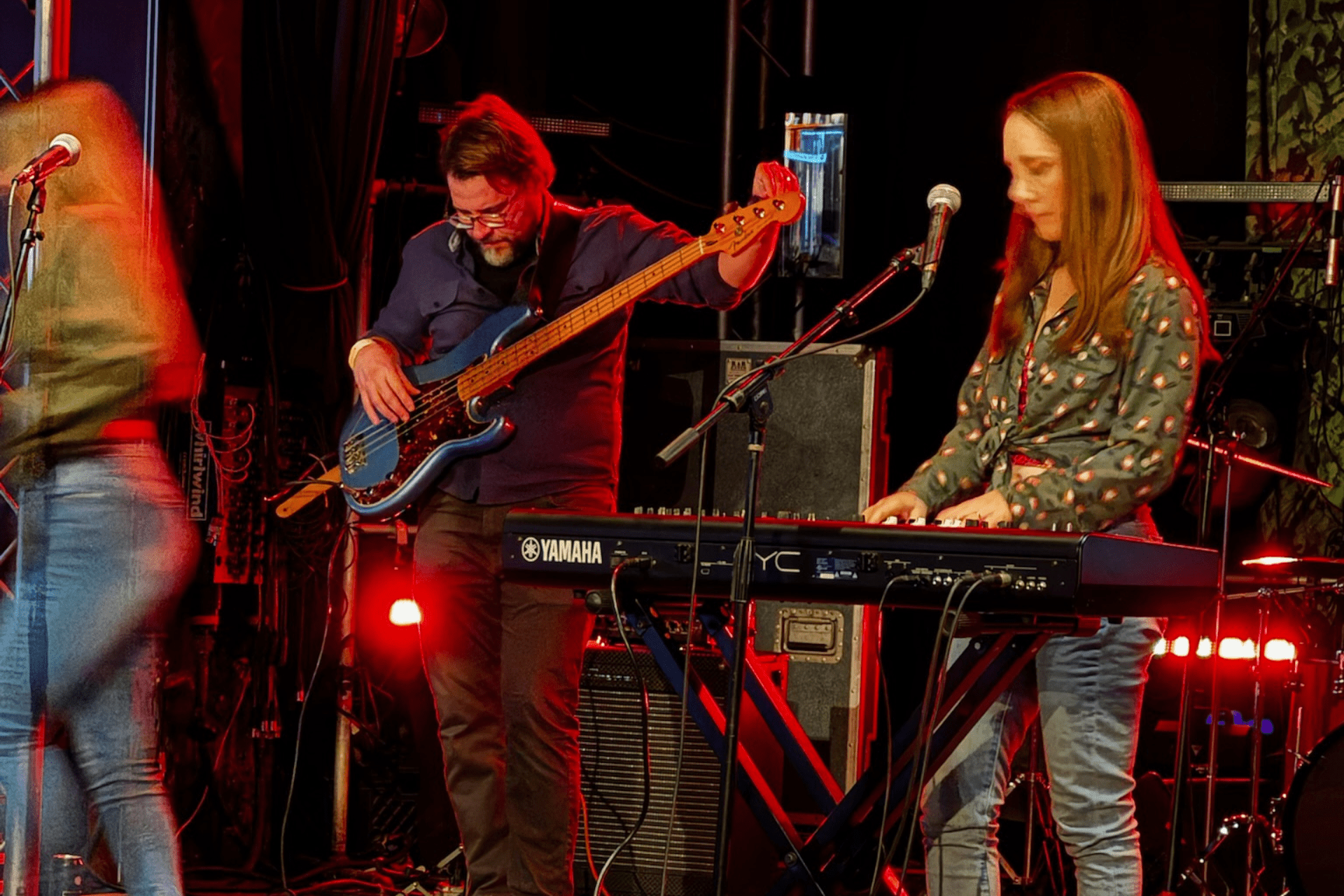You’ve been grinding: writing songs, recording demos, and playing shows, but the money’s not showing up. You start asking yourself: how do music artists get paid? Because it feels like everyone else has it figured out while you’re stuck hustling for gas money.
We’re here to give you a reality check: most artists don’t live off one paycheck.
They build income from streams, shows, merchandise, publishing, and more. This guide breaks down how music artists get paid, so you can invest in revenue streams that will pay back all of the hard work you’ve put in.
How Do Music Artists Get Paid?
It’s an age-old question countless artists have asked us. The reality is there isn’t a clear-cut answer. Music artists get paid through a mix of royalties, live performances, merchandise sales, and licensing deals. The exact income streams vary depending on whether they’re independent or signed to a label, but most artists rely on several sources at once.
Streaming payouts, publishing rights, and ticket sales make up the foundation, while sync placements, brand partnerships, and physical album sales bring in extra revenue. In short, there’s no single paycheck. Artists patch together multiple streams of income (often four or more) to build a sustainable career.
10 Ways To Get Paid as a Musician
If you’re wondering how to get the most bang for your ballad, here are a few revenue streams you should look into.
#1: Royalties
Royalties are payments you earn when your music is streamed, played on the radio, or used publicly. They’re split into different types: performance royalties, mechanical royalties, and digital streaming royalties. They’re not huge per play (especially on streaming), but when your audience grows, royalties become a steady backbone of your income.
#2: Music Publishing
Publishing is about owning the rights to your songs as compositions. When someone else records, performs, or licenses your song, you earn money as the songwriter. Publishers and PROs (like ASCAP, BMI, SESAC) help collect these payments worldwide, which can add up if your songs start traveling.
#3: Merchandising
Shirts, posters, vinyl, patches, even cassette tapes—merch is often where indie artists make the most profit. It’s not just income; it’s identity. Fans buy merchandise to show they belong, and you keep the margin after production costs.
#4: Physical Music Sales
Yes, people still buy physical albums. Vinyl, CDs, and even cassettes have made comebacks in certain scenes. Selling directly at shows or online means you keep more of the revenue, and fans get something collectible.
#5: Live Performances
Shows are where the money meets the music. From bar gigs to ticketed tours, live performances often bring in the most immediate cash. Touring adds merch sales and new fans into the mix, turning shows into double-income streams.
#6: Sync Deals
Sync (short for synchronization) is when your music gets placed in TV shows, films, commercials, or video games. These placements can pay anywhere from hundreds of dollars to tens of thousands of dollars, depending on the project, and they often open the door to new fans.
#7: Brand Partnerships and Sponsorships
When your audience grows, brands notice. Partnerships can look like free gear, social content, or paid campaigns. The key is choosing brands that align with your image so the money doesn’t come at the cost of your authenticity.
#8: Crowdfunding and Membership Subscription Services
Platforms like Kickstarter, Indiegogo, or Patreon let fans directly support your work. Whether it’s funding your next album or subscribing to exclusive content, this model builds a stable, recurring income tied to your most loyal supporters.
#9: Session Work
If you can play, sing, or produce, session work is a steady side hustle. Other artists will pay for your skills, whether that’s tracking bass on their song, producing beats, or lending your voice to a project.
#10: Social Media and Digital Content
YouTube ad revenue, TikTok creator funds, Twitch streaming, and Instagram brand collabs are all digital platforms and other income lanes. For many artists, posting content regularly builds both audience and income at the same time.
How Working With a Record Label Helps Artists Get Paid

Labels handle the messy stuff: registering songs with performing rights organizations, making sure royalties don’t slip through the cracks, and getting your music onto platforms and playlists that actually generate plays.
On top of that, we help with publishing, licensing, and sync opportunities. Things that are tough to land on your own but can make a huge difference in your bank account. Hardstop also connects artists with the right studios, producers, and marketing teams so every release has the best chance of reaching an audience.
Bottom line? You focus on the music, we focus on making sure you get paid for it.
How Do Music Artists Get Paid: Frequently Asked Questions
How do music artists actually make money?
Most music artists make money by stacking different income sources: streaming royalties, publishing rights, ticket sales, merch, session work, and licensing deals. Touring and merchandise are often the biggest direct earners for indie musicians, while publishing and sync deals can bring in long-term revenue.
How much does a music artist make per song?
Earnings per song vary widely. On streaming platforms, artists typically earn $0.003 to $0.005 per stream on Spotify, meaning 1 million plays generates roughly $3,000 to $5,000. Additional income can come from downloads, sync placements, and physical sales.
Do music artists get paid monthly?
Yes, but it depends on the revenue stream. Streaming platforms and performing rights organizations usually pay artists monthly or quarterly. Touring and merch sales pay out immediately, while sync licensing and publishing royalties may take longer, depending on contracts.
Do artists get paid every time a song is played?
Yes, artists earn royalties every time their song is streamed, broadcast, or performed publicly. Streaming services pay per play, radio spins generate performance royalties, and venues report live performances to performing rights organizations so songwriters and publishers get compensated.
Submit Your Demo to Hardstop Records

If you’re serious about turning your music into something tangible and getting paid for the work you put in, submit your demo to Hardstop Records today.



